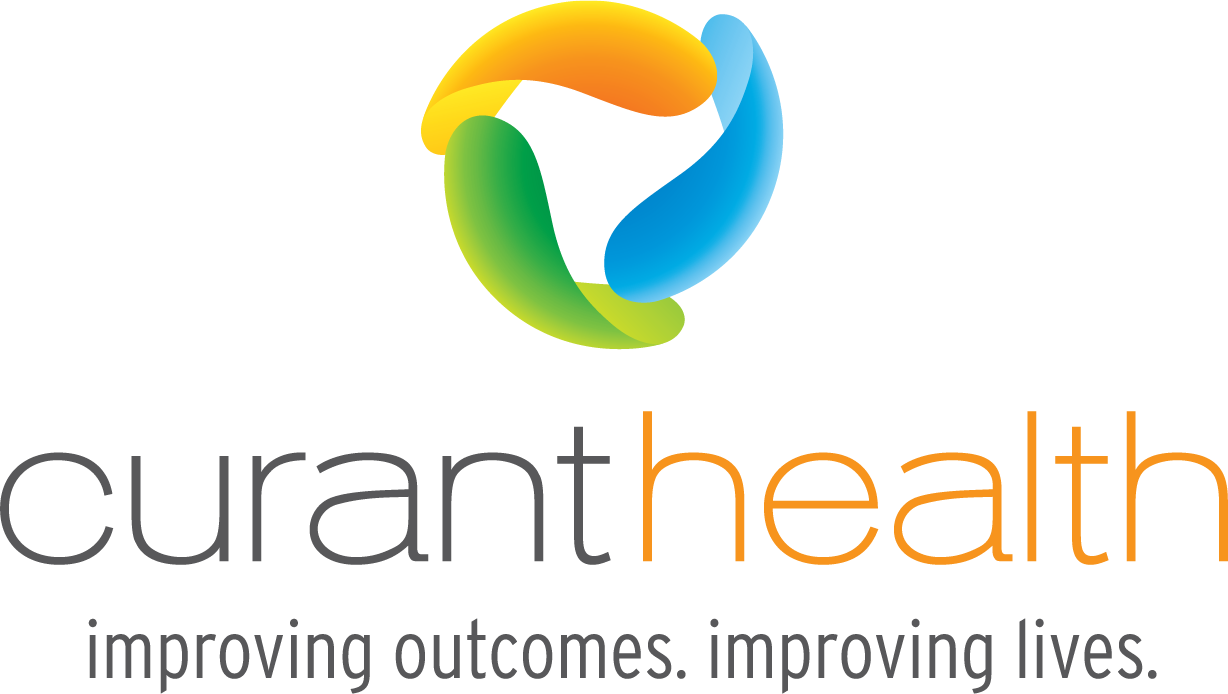Executives from patient care, diagnostics, payer and pharma companies converge to share the inside scoop on outcomes-based contracting
Curant Health's COO, Marc O'Connor, recently participated on a panel held at the CBI Outcomes-Based Contracting conference in Philadelphia. Marc was joined on the panel by speakers Harry Vargo of Aetna and Sachin Kamal-Bahl of Pfizer, along with moderator Jerry Conway of CDx Diagnostics.
The title of their session was "Create a Win-Win Scenario - Linking Contracts to Cost-Savings Evidence and Better Patient Outcomes," and speaking points from the panel discussion and additional insight provided by the panelists are included in this month's cover story for Pharmaceutical Executive.
Below are several key discussion points on the topic.
Who is best placed to achieve better outcomes?
O'Connor: [Curant Health] has a more meaningful way to engage with patients and providers than a PBM (pharmacy benefit manager), a hub, a specialty pharmacy, or a population health organization do.
Additionally, we can assume risk as part of an outcomes-based contract, along with the manufacturer. Medication management service companies do two things that are very challenging for manufacturers or payers to do:
The first is we have those discussions with providers that go outside of the awareness phase, beyond "here's the label; here's the drug; here's what it does." We provide additional line of sight in in the adoption, compliance and persistence phases. These phases are challenging for manufacturers, and it's difficult for manufacturers to have conversations with providers at these points.
Click here for more on our PEER program and partner support to help patients reach medication persistence.
The second way medication management organizations support manufacturer and payer partners is by serving as an entity that will help determine and deliver improved health outcomes that are meaningful for all stakeholders. When patients are engaged, adherent to their therapy and experiencing improved outcomes, you see improvement in contract metrics for both payer and manufacturer. Adoption and compliance numbers go up for the manufacturer, and they have a deeper connectivity with patients. This service provides a way for manufacturers to have better relationships with patients without the manufacturer's legal department having concerns.
More importantly, patient outcomes improve for that disease state.
What about data?
O'Connor: Healthcare stakeholder incentives are going to start aligning. This is the first foray into outcome-based medicine practice. That connectivity with data must happen. And it's not just quantity of data. Big data is okay, but unless you are isolating individual data elements to address and improve individual patient outcomes, the data isn't meaningful. You need to find the data that is important for the particular drug in question and its target population, to gauge how it's affecting each stakeholder.
To start, we must get our heads around what's really needed from big data. Only then will we be able to build on the incentives.
What manufacturers need to do - or to have access to - is the collection of granular outcomes data at the patient level. Manufacturers have a lot of data on physicians, but the need is going to shift to data that's about the patient.
Click here to read the full article in Pharmaceutical Executive
To connect with a Curant Health team member on how we can help deliver results on your next outcomes-based contract, email: PEERProgram@CurantHealth.com.
